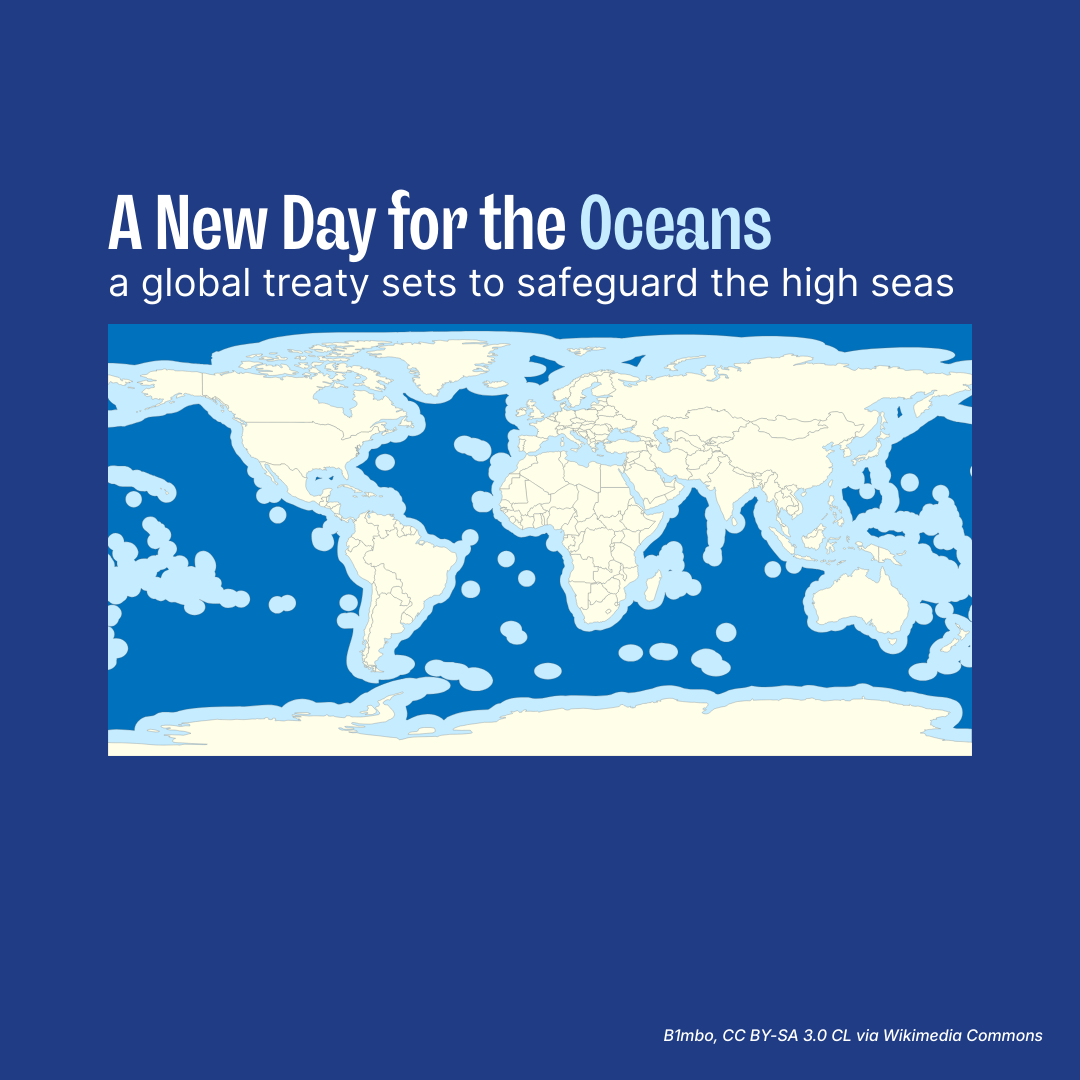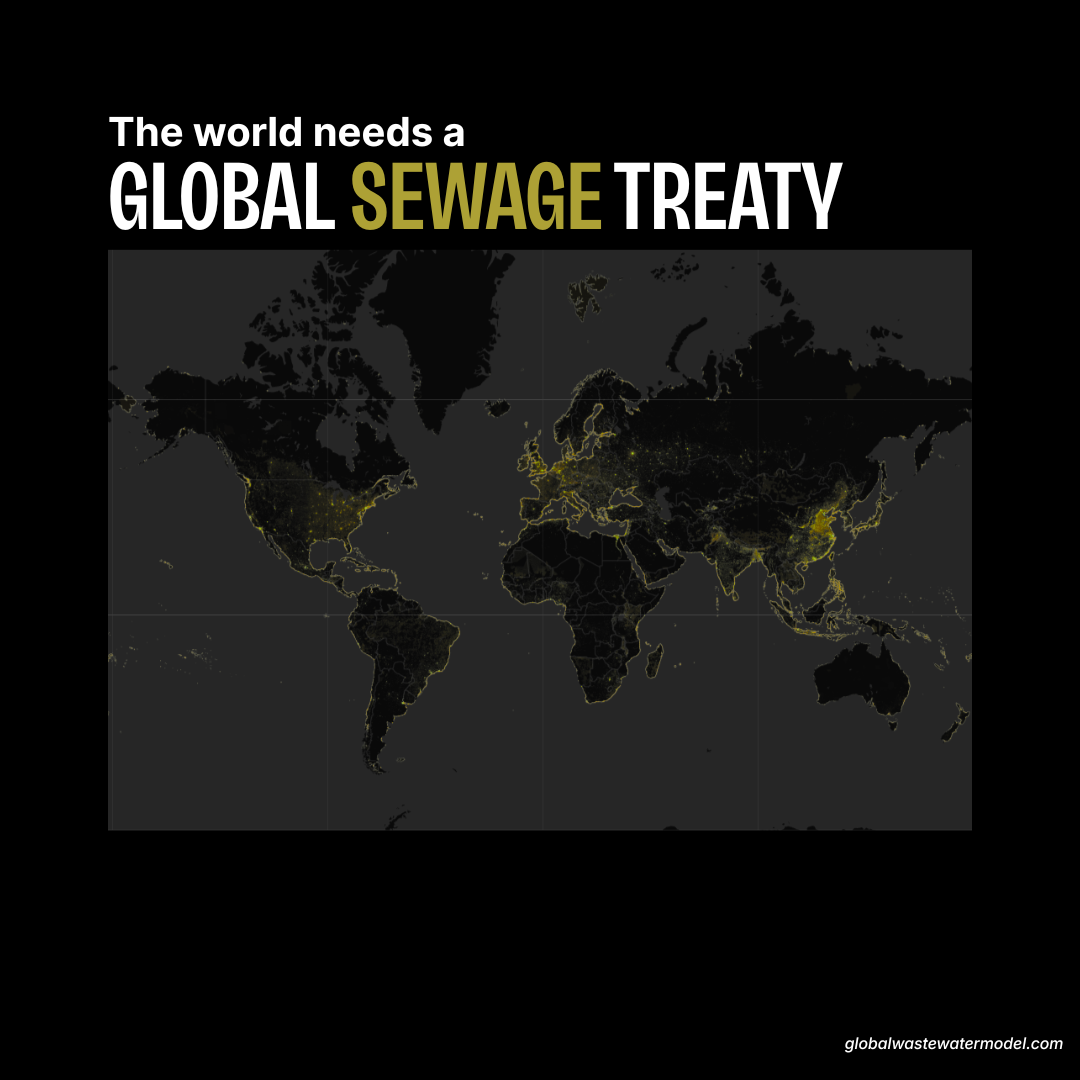
A landmark global treaty to protect the high seas goes into effect, establishing the first legal framework to govern and conserve over half the planet's waters that lie beyond national borders.
.jpg)
In a year of unprecedented environmental and political challenges, Ocean Sewage Alliance not only held its ground but surged forward, launching bold initiatives and building critical momentum in the fight against sewage pollution. Our 2025 Annual Report details a year of strategic growth, impactful research, and the forging of new alliances, driving toward our vision of a healthier ocean and a more equitable world.

Ocean Sewage Alliance is advocating for a United Nations Global Sewage Treaty. With 48% of sewage entering the environment untreated, this transboundary crisis harms ocean health, economies, and communities, underscoring the need for a binding international framework for action.
.jpg)
After wildfires made rebuilding too expensive, a Santa Cruz group championed waterless, container-based toilets. Their successful pilot proves this adaptable sanitation solution can work for disaster recovery, homeless encampments, and beyond, offering a safe alternative where traditional sewers and septic systems aren't feasible.